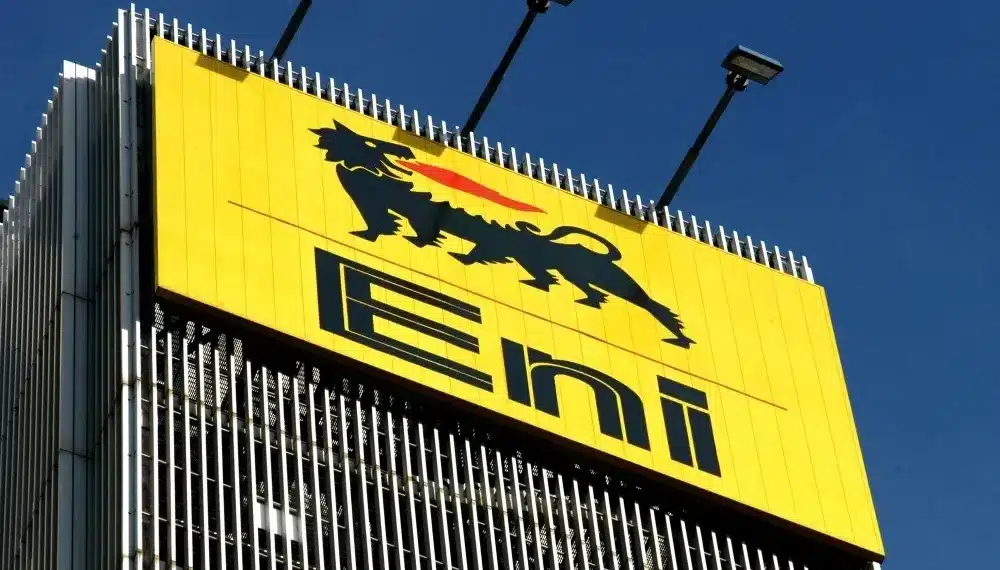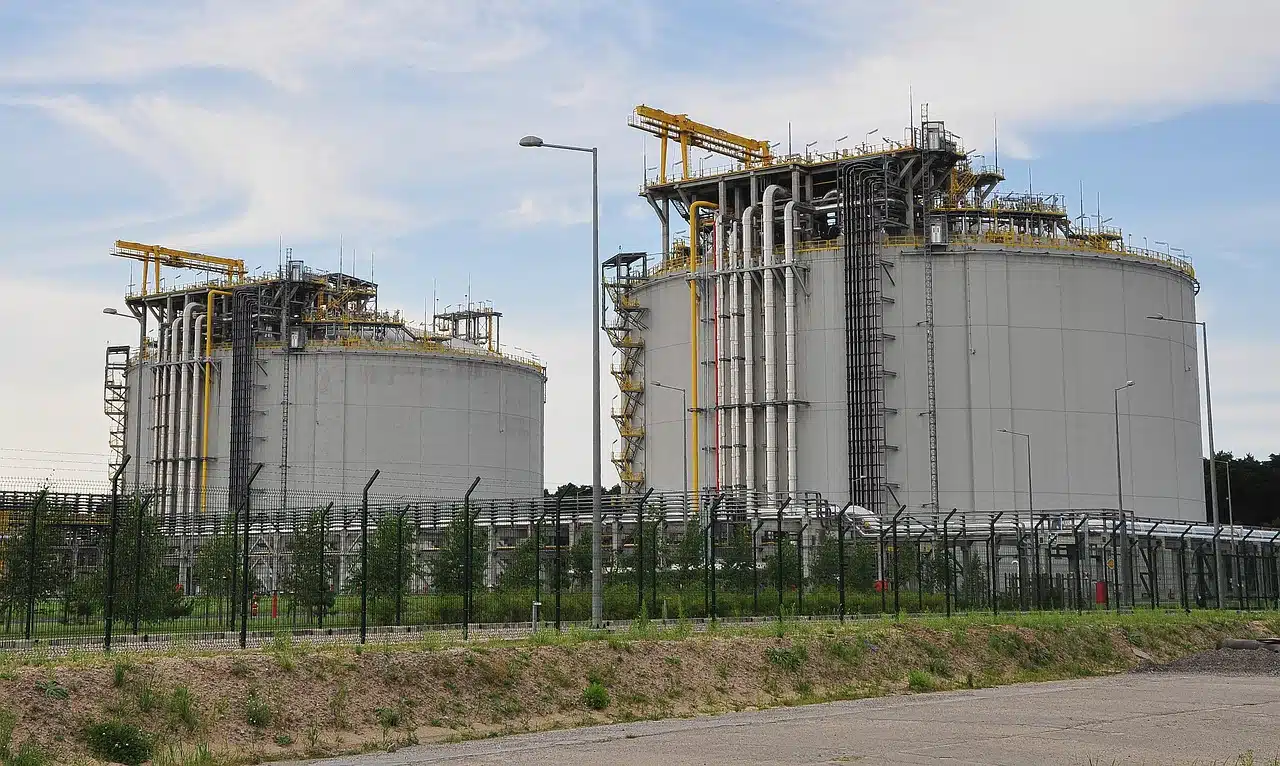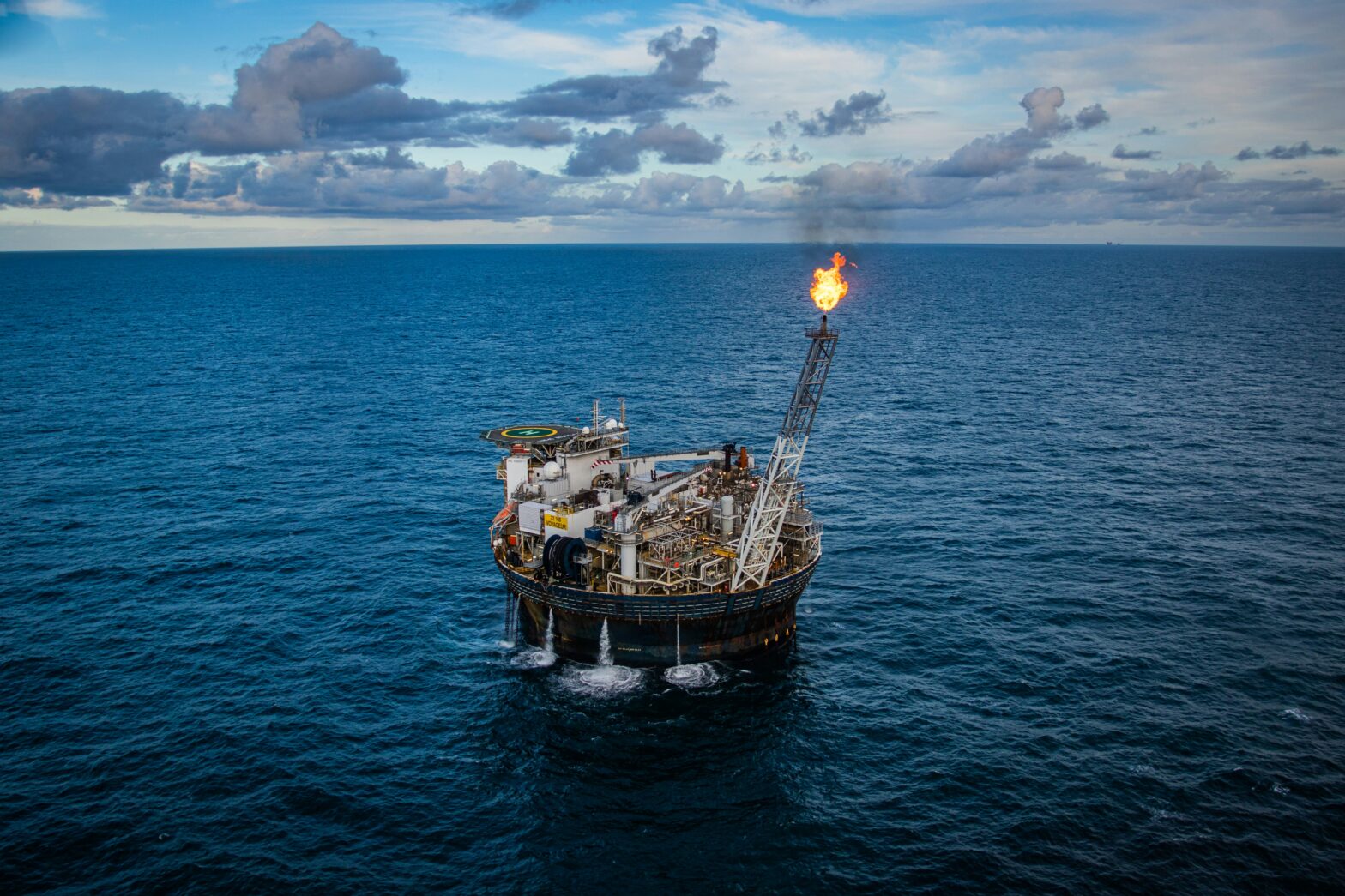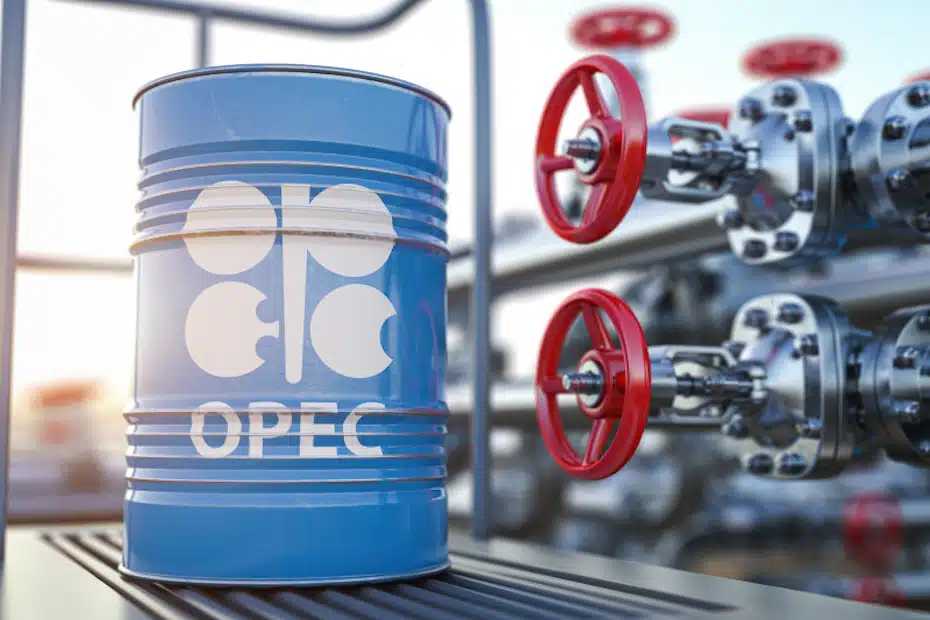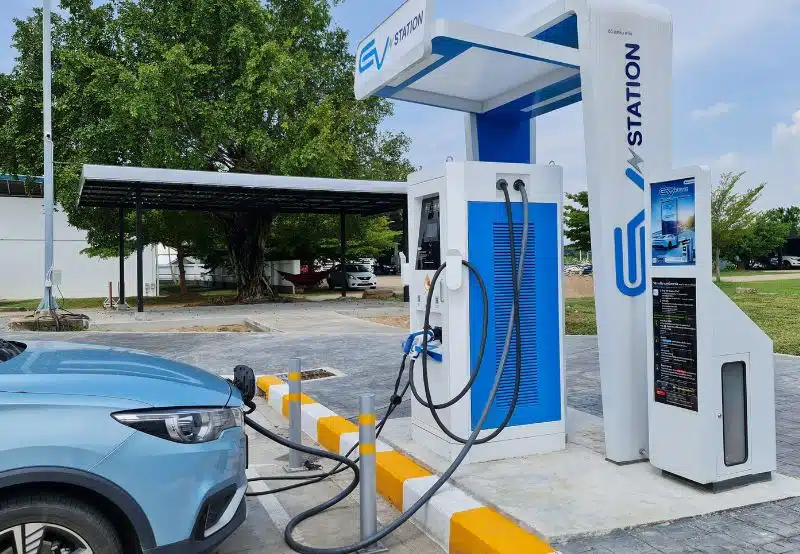The Renaissance Africa Energy Company Limited says its oil and gas production has grown by over 40% just months after successfully acquiring Shell’s onshore assets in Nigeria.
The Group’s Chief Technical Officer (CTO), Abdulraham Mijinyawa, revealed this while addressing industry leaders on the opening day of the 2025 SPE Nigeria Annual International Conference and Exhibition (NAICE) in Lagos.
Renaissance is a consortium made up of four Nigerian independent oil and gas companies—ND Western Limited, Aradel Holdings, FIRST Exploration and Development Company, and the Waltersmith Group—alongside an international partner, the Petrolin Group.
“As you have probably seen in our performance in the first 100 days, we have upped production by over 40%,” Mijinyawa said, attributing the feat to strong operational performance and a commitment to delivering value across the energy value chain.
Before acquiring Shell’s onshore assets, the Renaissance partner companies collectively produced around 100,000 barrels of oil per day (bpd) from 12 mining leases.
Although the company didn’t provide a detailed breakdown of oil and gas volumes, the reported 40% increase places Renaissance’s current daily output at approximately 140,000 barrels of oil equivalent.
This significant boost supports the consortium in fulfilling its production-sharing obligations with key partners.
“We are now able to meet and exceed our contractual commitments to the NLNG, and we are ramping up production in domestic gas flow,” Mijinyawa added.
Renaissance acquires Shell’s assets
After an initial rejection, Renaissance completed a $2.3 billion deal in March 2025 to acquire Shell’s entire 100% onshore interest in the SPDC Joint Venture (JV).
The SPDC JV comprises 18 onshore and shallow-water mining leases and is jointly operated by NNPC (55%), TotalEnergies (10%), and Eni (5%).
These are Shell’s pioneer assets, dating back nearly 100 years of operations in Nigeria. The assets are estimated to contain about 6.73 billion barrels of oil and condensate, along with 56.27 trillion cubic feet of gas.
As part of the transaction, Renaissance also acquired the Trans-Niger Pipeline (TNP), a key crude evacuation route connecting onshore fields to the Bonny export terminal.
The TNP has long been at the centre of oil spill issues in Nigeria’s producing communities and across the wider industry.
Renaissance has now assumed responsibility for managing damages caused by the pipeline and other installations in the region.
Local communities had previously filed multiple lawsuits against Shell over spills and environmental degradation.
They expect the cleanup programs and ongoing legal proceedings to continue under Renaissance’s oversight.
Challenges since acquisition
Just months into managing the legacy assets, Renaissance encountered several operational challenges that threatened its export capacity and initially made a production increase seem unlikely.
In May, the company was forced to shut down the Trans-Niger Pipeline twice due to repeated attacks by vandals in host communities.
Nonetheless, Renaissance has successfully navigated these hurdles and has gone on to increase production by over 40%.
The consortium’s partnership structure is the first of its kind in Nigeria’s oil and gas sector since local companies began taking major roles.
However, the company continues to advocate for reforms to further enhance operational efficiency and competitiveness in the industry.
In July, Renaissance CEO Tony Attah called for a review of the Petroleum Industry Act (PIA) 2021, arguing that the law does not reflect new global realities.
He noted that the legislative process for the PIA took nearly two decades and failed to incorporate significant technological advancements that emerged in the oil and gas industry during that time.



